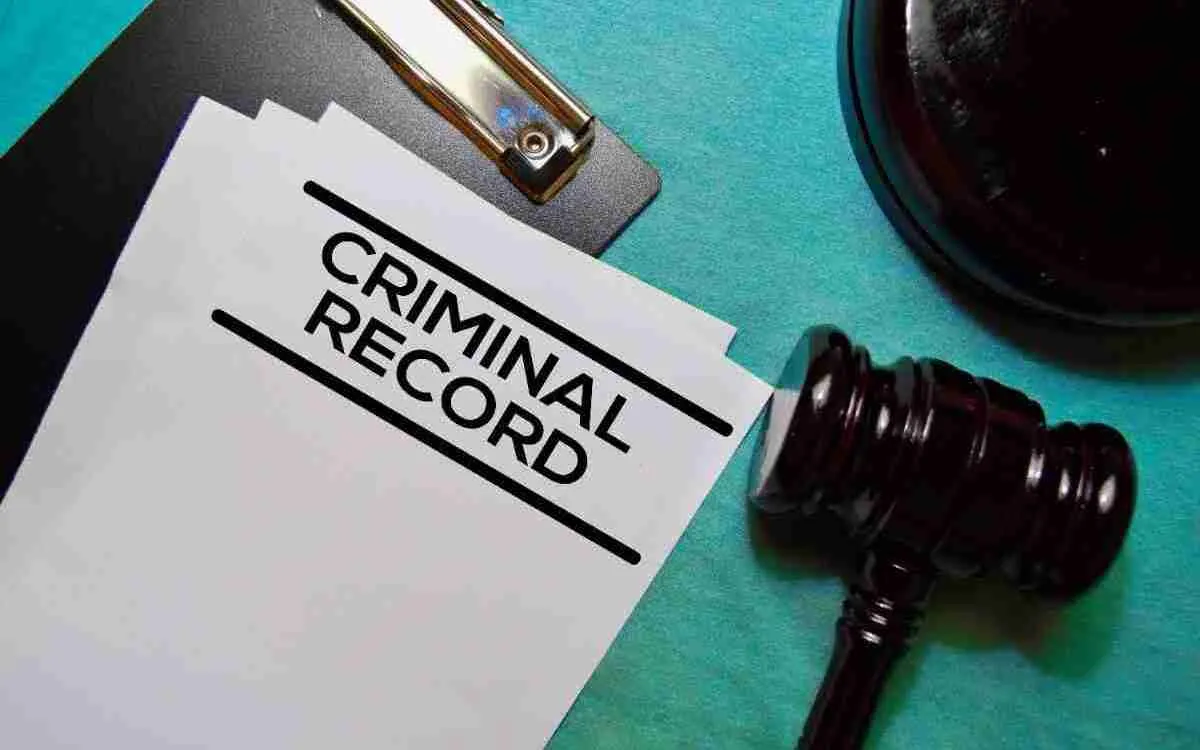If you or someone you know has a criminal record, you may be wondering whether it’s possible to expunge that record. A criminal record can have long-lasting consequences, affecting employment opportunities, housing options, and more. In this article, we will explore the process of expungement, its benefits, and some frequently asked questions regarding this legal procedure.
Understanding Expungement
Expungement is a legal process that allows individuals to erase or seal their criminal records, making them inaccessible to the public. The specifics of expungement laws vary from state to state, but the primary purpose is to provide a fresh start for individuals who have demonstrated rehabilitation and a commitment to turning their lives around.
The Expungement Process
To give you a better understanding of the expungement process, we’ll break it down into key steps:
- Eligibility: Not all criminal records can be expunged. Generally, eligibility depends on the type of offense, the sentence received, and the time that has passed since the conviction. Some states also consider an individual’s criminal history.
- Petition Filing: If you are eligible, you will need to file a petition with the court. This document outlines your case, and it’s crucial to ensure it’s completed accurately and thoroughly.
- Waiting Period: Most jurisdictions require a waiting period before you can apply for expungement. This period varies but can range from a few years to several decades.
- Review Process: The court will review your petition and consider various factors, including your criminal history, conduct since the conviction, and the reason for expungement.
- Hearing: In some cases, a hearing may be necessary, where you present your case to the judge. This is an opportunity to demonstrate your rehabilitation and commitment to a lawful life.
- Decision: The court will make a decision, either granting or denying your request for expungement.
- Record Sealing or Erasure: If your petition is approved, the court will either seal or erase your criminal record. Sealing means that it’s still accessible to law enforcement and certain government agencies, while erasure completely eliminates it from public view.
1. Can all criminal records be expunged?
Not all criminal records are eligible for expungement. Eligibility criteria vary by jurisdiction but typically involve the type of offense, the sentence received, and the time that has passed since the conviction. In some cases, particularly severe crimes or repeated offenses, expungement may not be possible.
2. How long does the expungement process take?
The duration of the expungement process varies depending on the complexity of your case, the court’s backlog, and the specific requirements of your jurisdiction. It can take anywhere from a few months to over a year.
3. Will expungement completely erase my criminal record?
The extent to which a criminal record is removed varies by jurisdiction. In some cases, records are completely erased, while in others, they may be sealed, meaning they are not accessible to the public but may still be available to law enforcement and certain government agencies.
4. Can I represent myself in the expungement process, or do I need an attorney?
You can choose to represent yourself in the expungement process, but it’s highly advisable to consult with an attorney who specializes in criminal record expungement. Legal expertise can significantly increase your chances of a successful outcome.
5. What are the benefits of expunging a criminal record?
Expunging a criminal record can have a profound impact on an individual’s life. It can open up new employment opportunities, improve housing options, and restore personal reputation. It allows individuals to move forward with a clean slate, free from the stigma of a criminal conviction.
Conclusion
The process of expunging a criminal record offers a chance for individuals to move beyond their past mistakes and build a brighter future. While it’s not always easy, the potential benefits are significant. If you believe you might be eligible for expungement, consult with an attorney who specializes in this area of the law. They can guide you through the process, increasing your chances of success and helping you take the crucial step toward a fresh start. Expungement is a valuable tool in the realm of criminal law, offering individuals a path to redemption and the opportunity to reintegrate into society with a clean slate.







